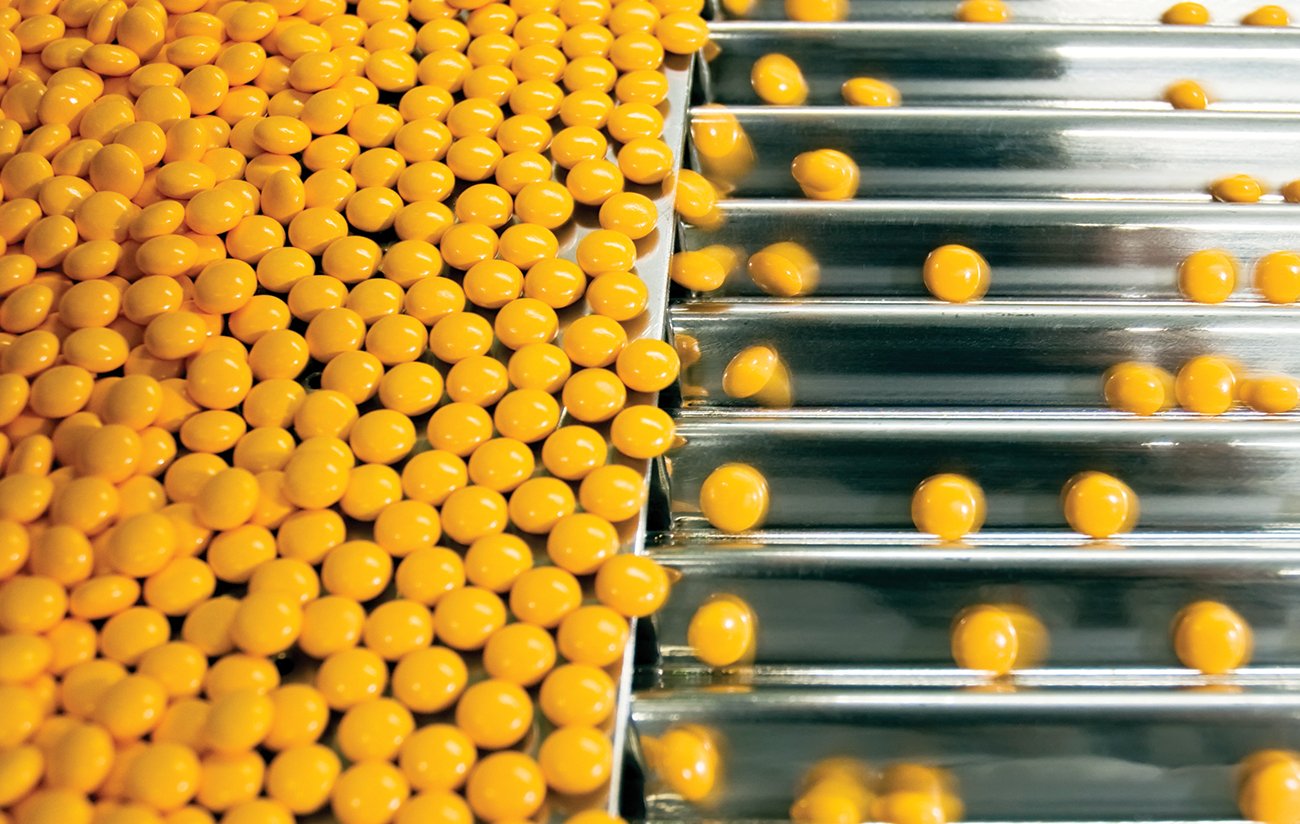Orphan designation (OD) status was introduced to encourage development of therapies for rare disease. Products that fulfil the OD criteria benefit from a 10-12-year market exclusivity period from market authorization (MA), which can extend protection from generic (Gx) or biosimilar (Bx) competition beyond patent expiry. In this study, we explore the impact of OD market exclusivity on the likelihood of Gx and Bx entry. Factors which may influence the attractiveness of Gx entry are also analyzed.
A database containing all products with an OD, which were granted MA from 2000-2020 was compiled by supplementing data from the European Medicines Agency (EMA) community register. Orphan medicinal products (OMPs) withdrawn from the register for reasons other than OD expiry were not included in the analysis. The database was curated to distinguish oncologic vs. non-oncologic, pediatric vs. non-pediatric and small molecule vs. biologic OMPs. Patent expiry dates were collected using GlobalData, Evaluate Pharma and other publicly available sources. The EMA’s European public assessment report (EPAR) database was used to identify the earliest date of centralized MA for Gx and Bx, and the numbers of these competitors that were centrally approved.1
[1] European public assessment reports (EPAR) database. EMA. (July 2021) Available at:
https://www.ema.europa.eu/sites/default/files/Medicines_output_european_public_assessment_reports.xlsx




